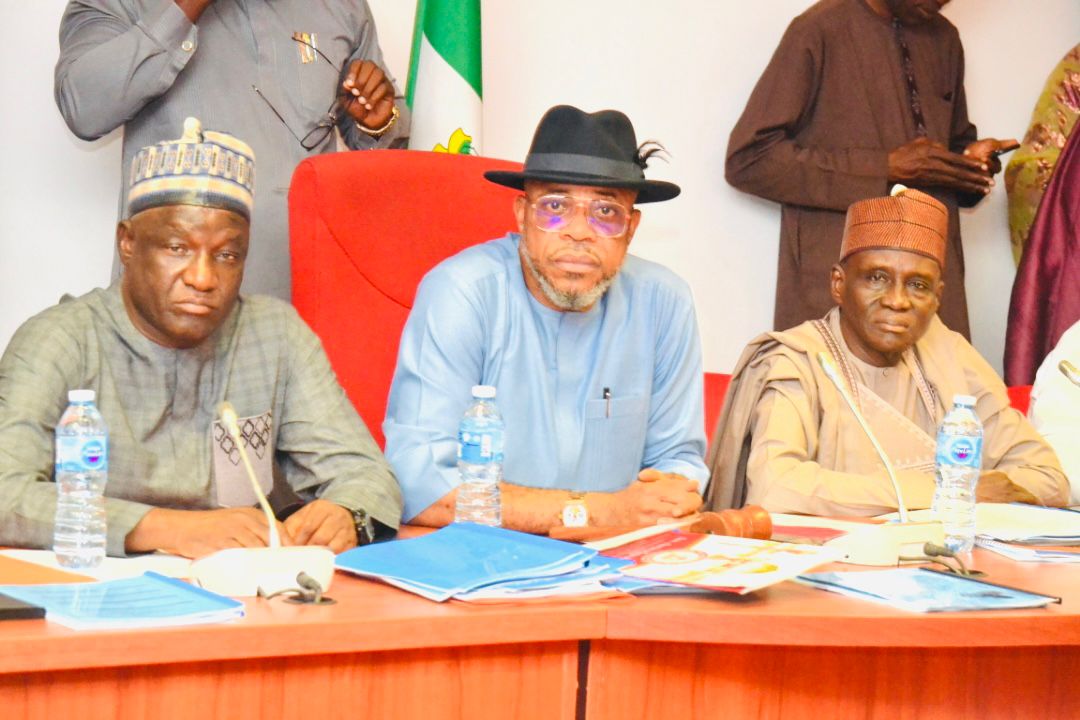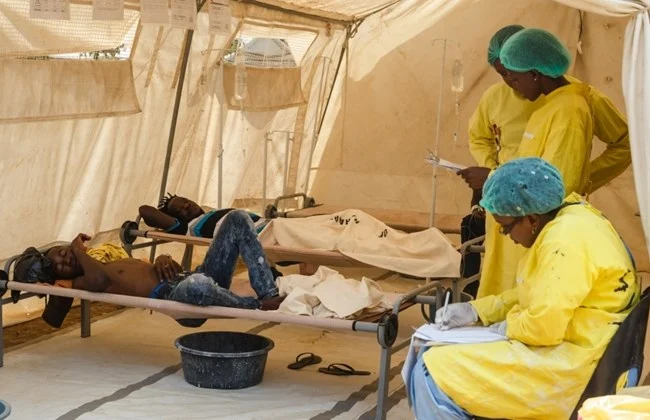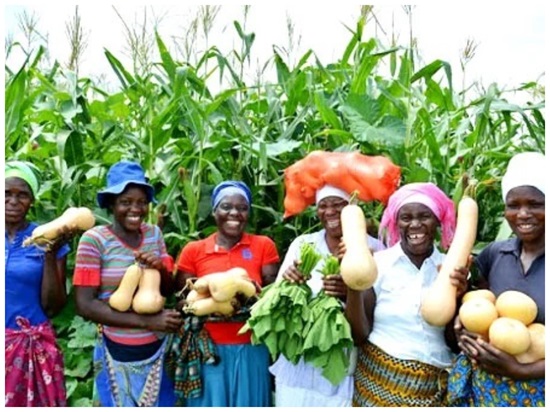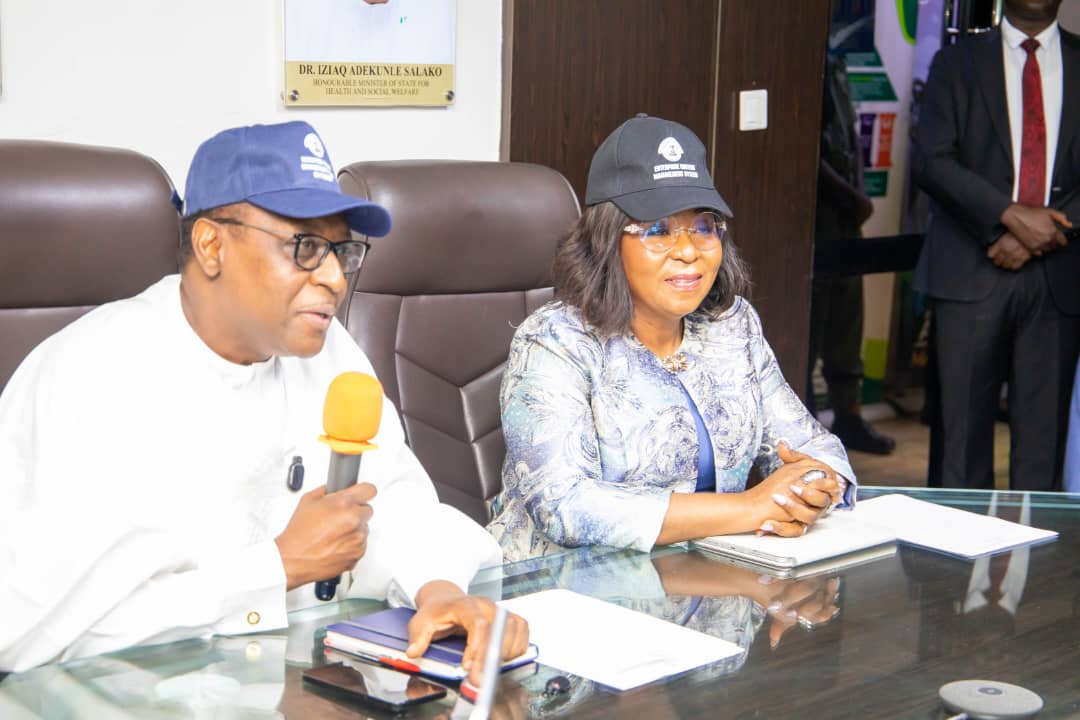Adamawa Govt Links Rising Malnutrition to Conflict, Climate Crisis as 300 Displaced Women Receive Farming Support
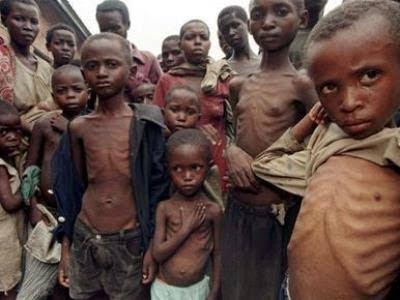
The Adamawa State Government has attributed rising levels of malnutrition and deepening poverty in the state to prolonged conflict and climate-related shocks, which have devastated farming activities and local livelihoods.
Dr. Bayeso Ibrahim, Acting Director of Agricultural Services at the State Ministry of Agriculture, stated this in Tashan Turmi during a dry-season farming input intervention programme organised by the Jesuit Refugee Service (JRS) for women in displaced communities.
The initiative trained 300 female farmers in dry-season cultivation and water management to boost food production beyond the rainy season. Beneficiaries also received farming inputs to enhance the cultivation of essential vegetable crops and improve household nutrition.
“The root causes of the crisis include the cumulative effects of insurgency, recurring communal conflicts, and climate change impacts such as floods, droughts, and prolonged dry spells, which continue to undermine farm productivity,” Ibrahim said.
He noted that food insecurity in the state has led to widespread malnutrition and economic distress.
“When we look at the multidimensional poverty rate in this region, it is second only to the North-West. Our heavy reliance on rain-fed agriculture is no longer sustainable under the current environmental conditions,” he added.
Dr. Ibrahim commended the JRS intervention, funded by Caritas Canada, describing it as a critical step toward strengthening community resilience and restoring livelihoods.
“This initiative will help reduce poverty by increasing family incomes and access to nutritious food. JRS is not only supplying inputs but also training farmers in seed multiplication and modern farming methods to ensure long-term sustainability across communities,” he said.
In his remarks, Innocent Emmanuel, Project Director of JRS Adamawa, said the programme was designed to address the humanitarian needs of conflict-affected households in the North-East.
FG Moves to Clear Abandoned Burnt Vehicles Nationwide, Sets Up Committee
“Empowering women—who bear the greatest burden of sustaining families during crises—is central to this project,” Emmanuel stated.
Some of the beneficiaries, including Rebecca Danjuma and Amina Sa’ad, said they had already begun applying the dry-season farming techniques and recorded improved harvests and better income.

